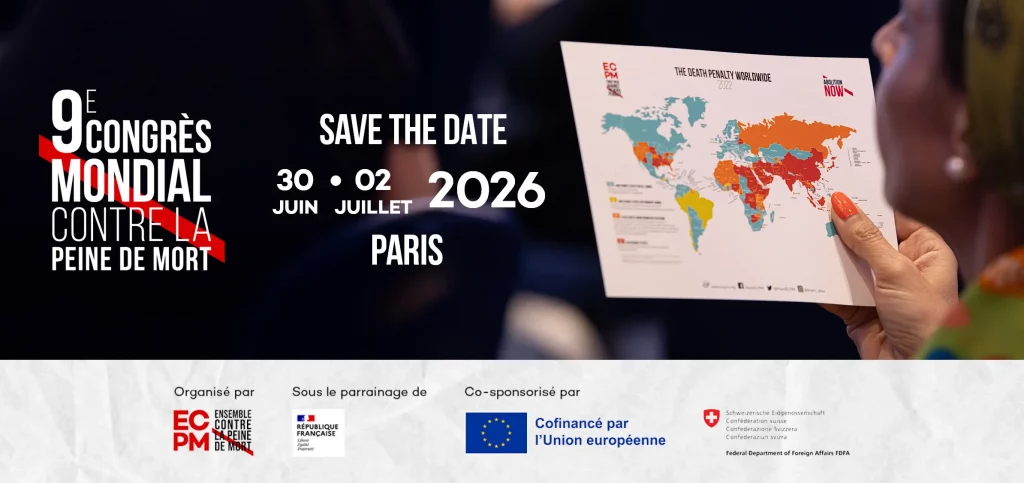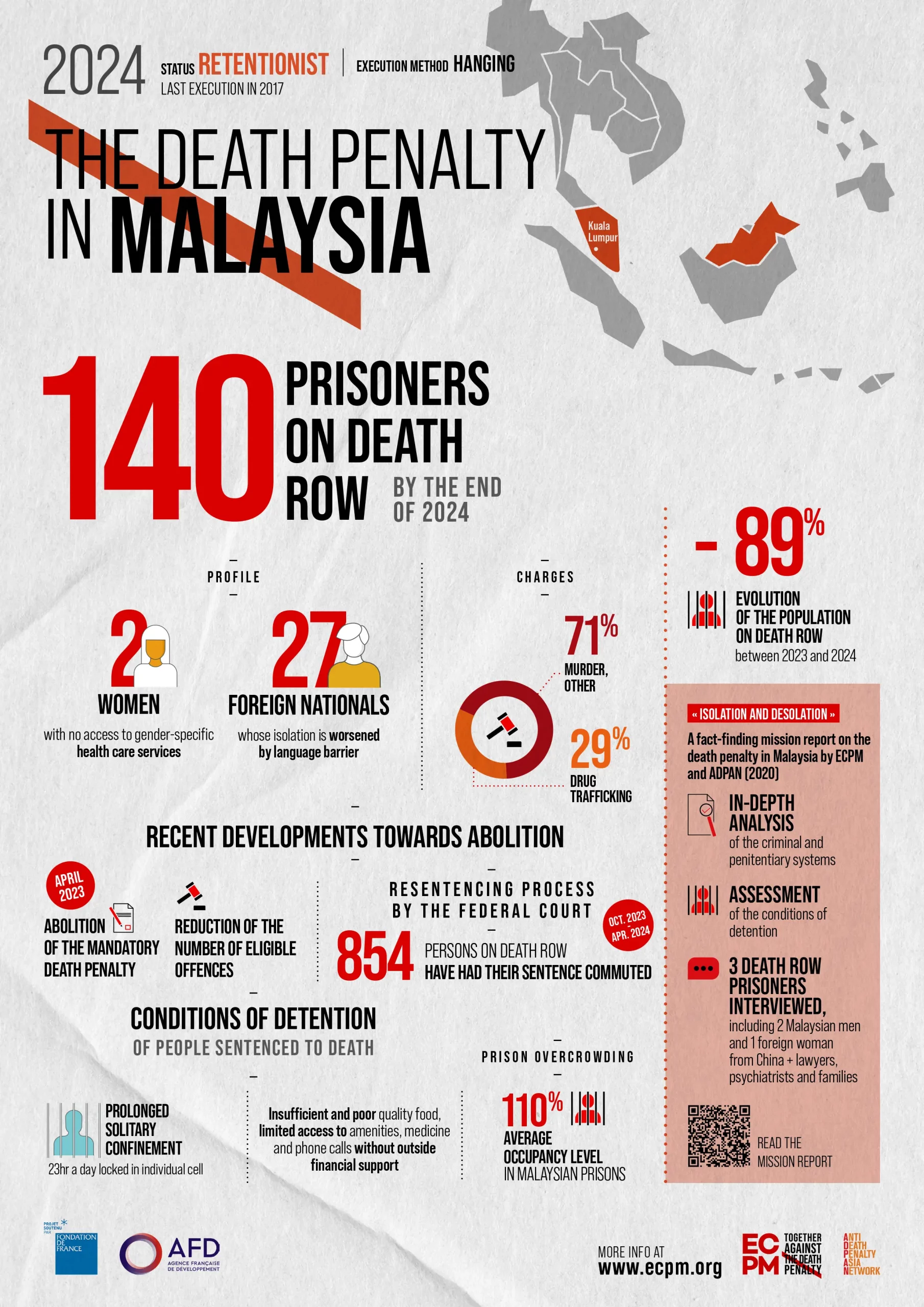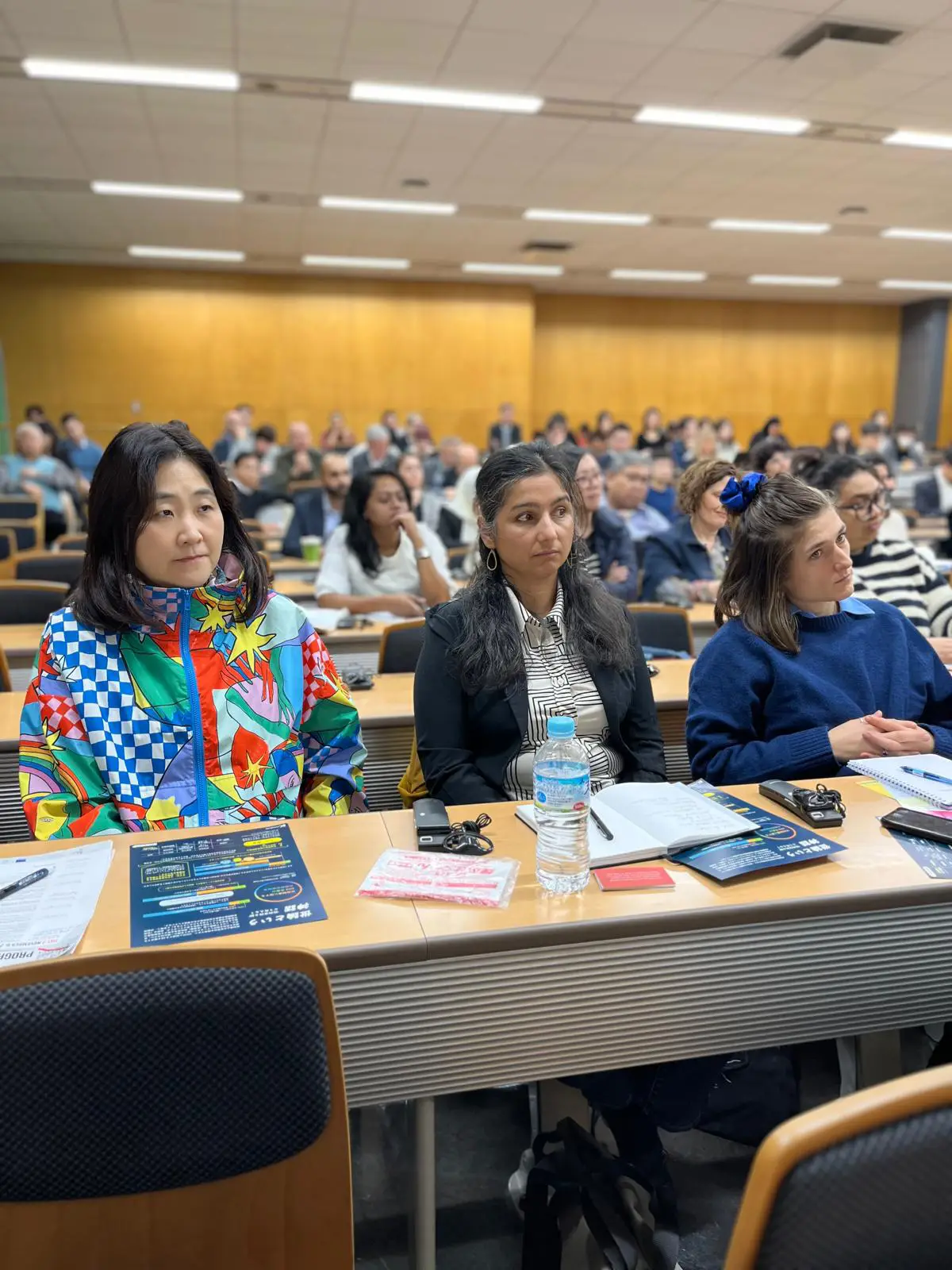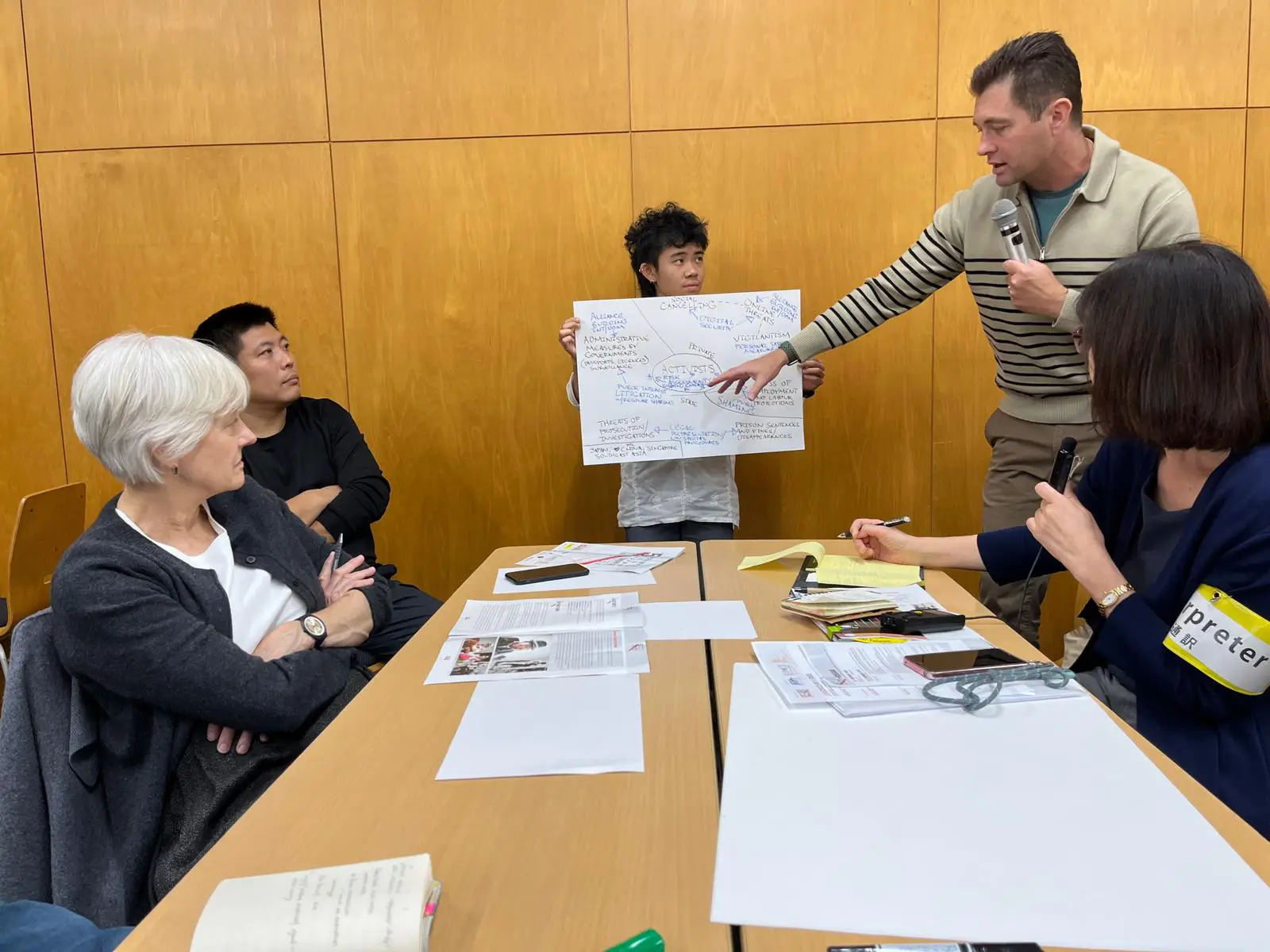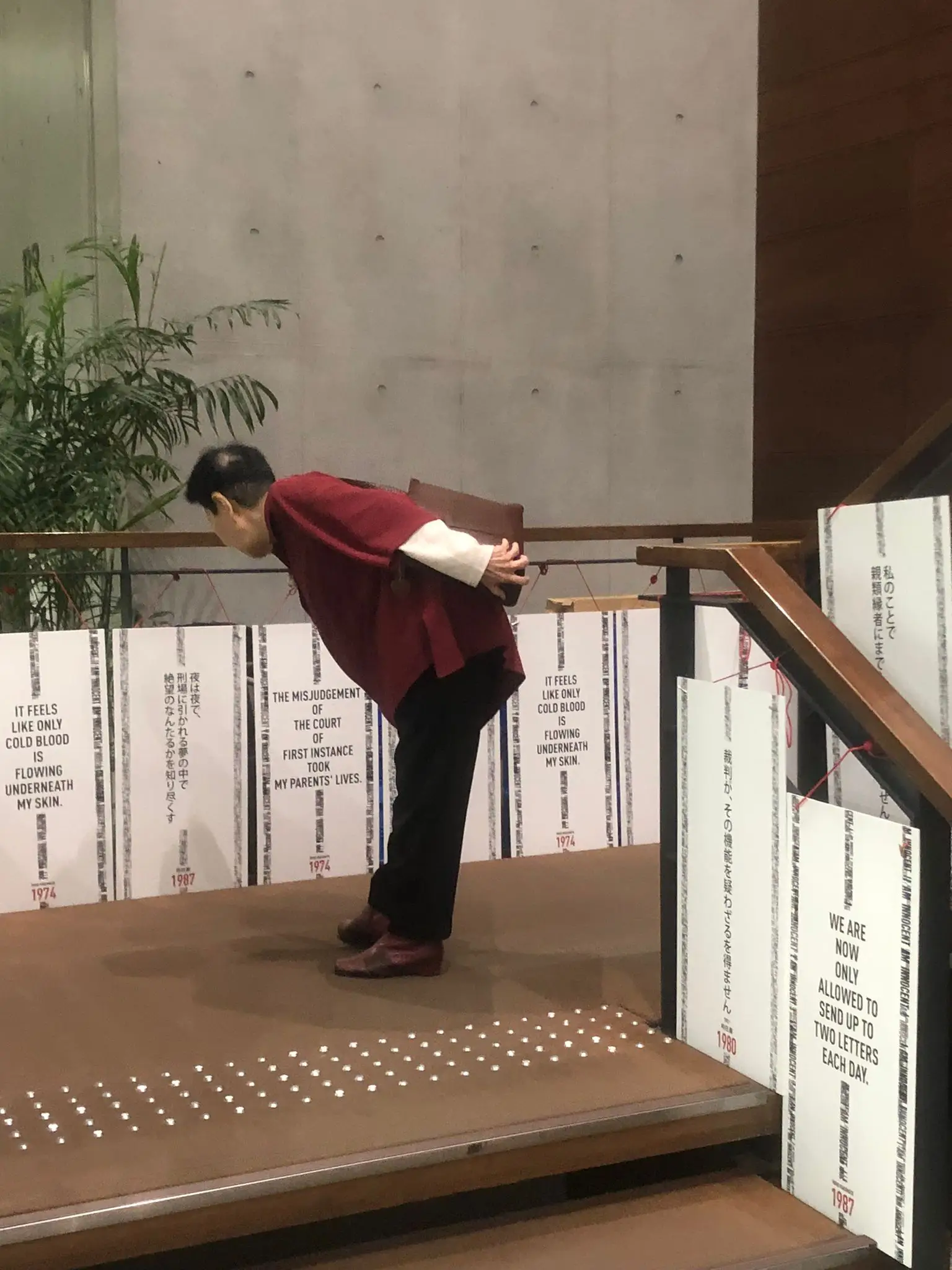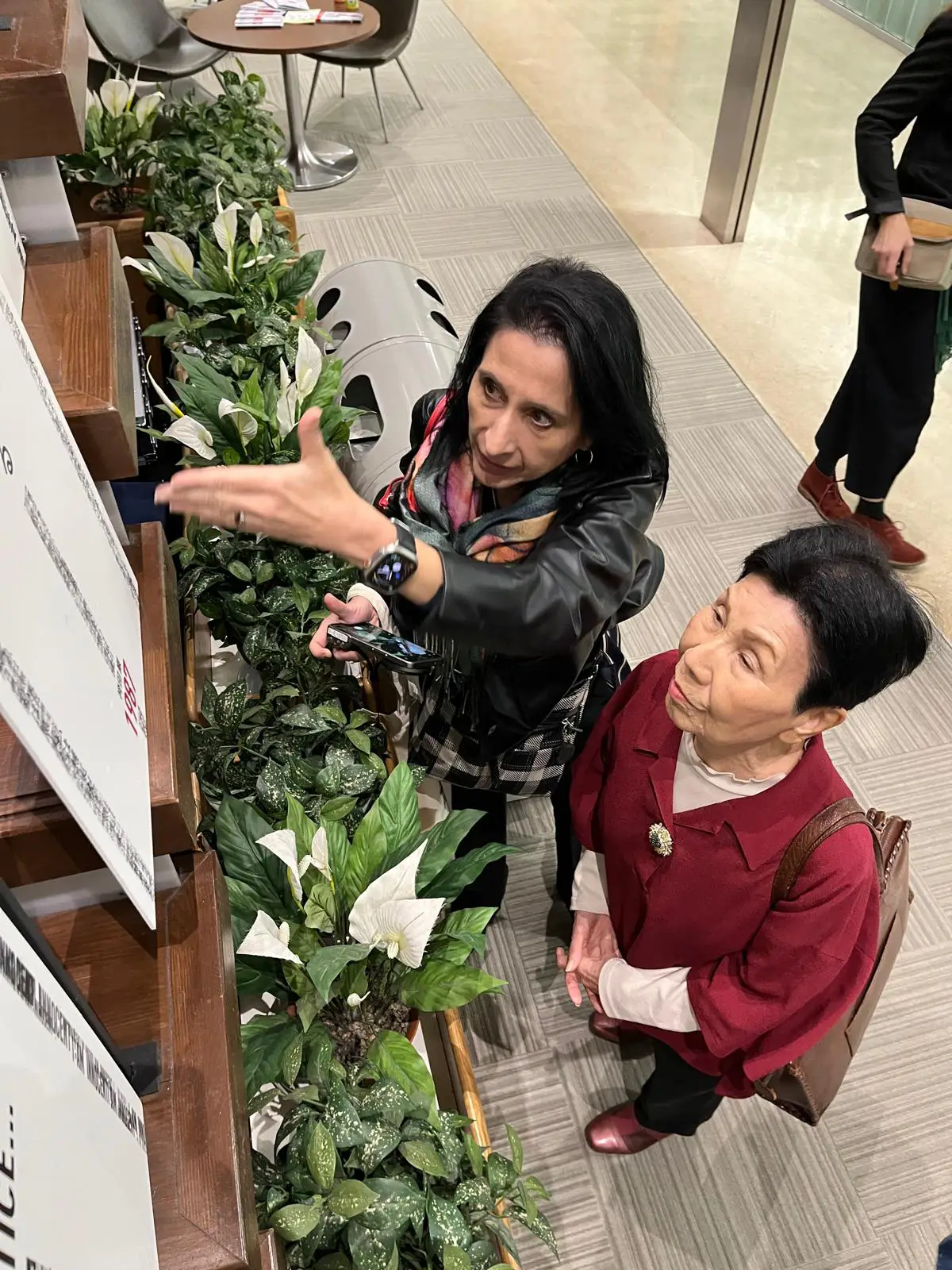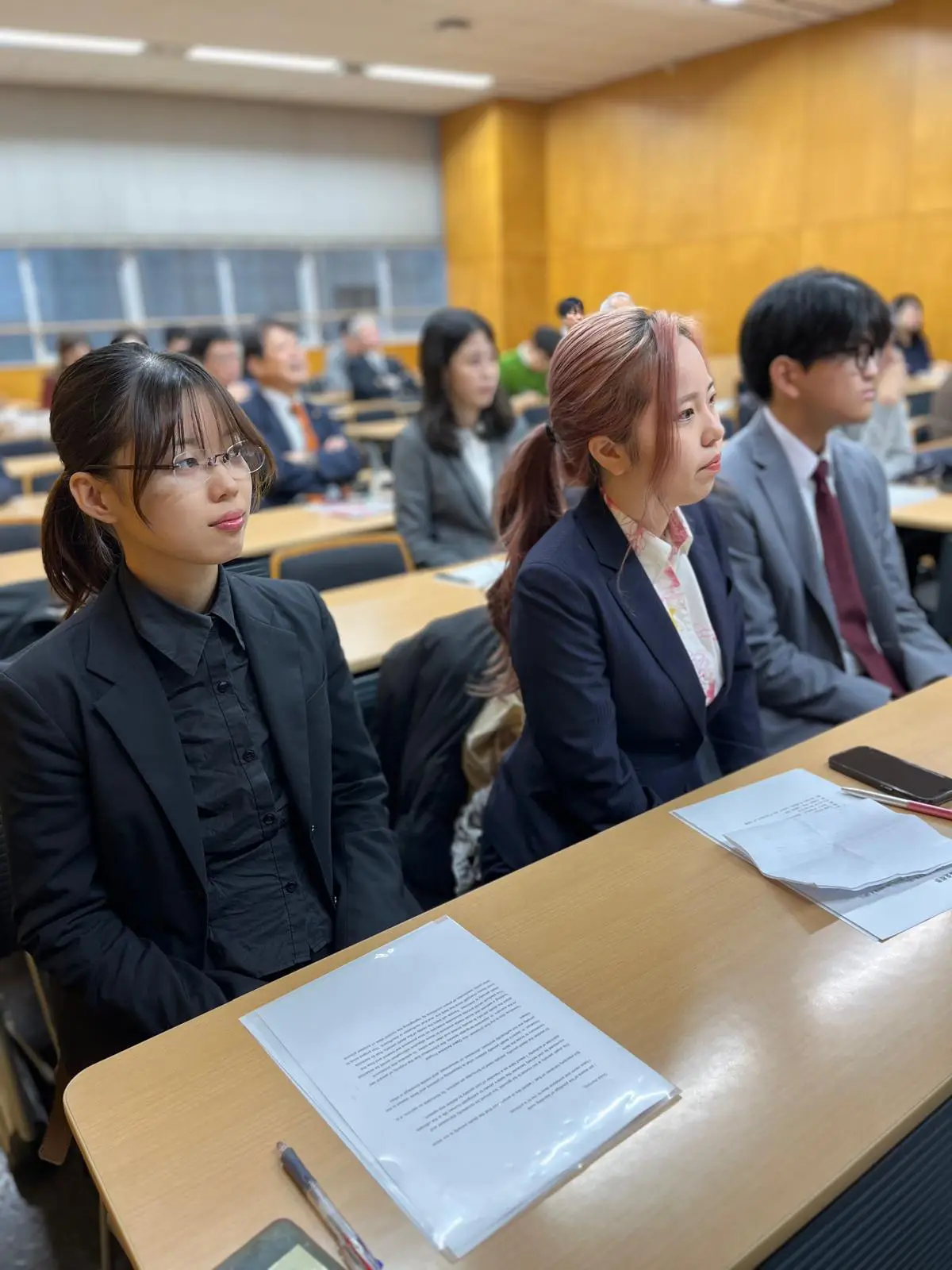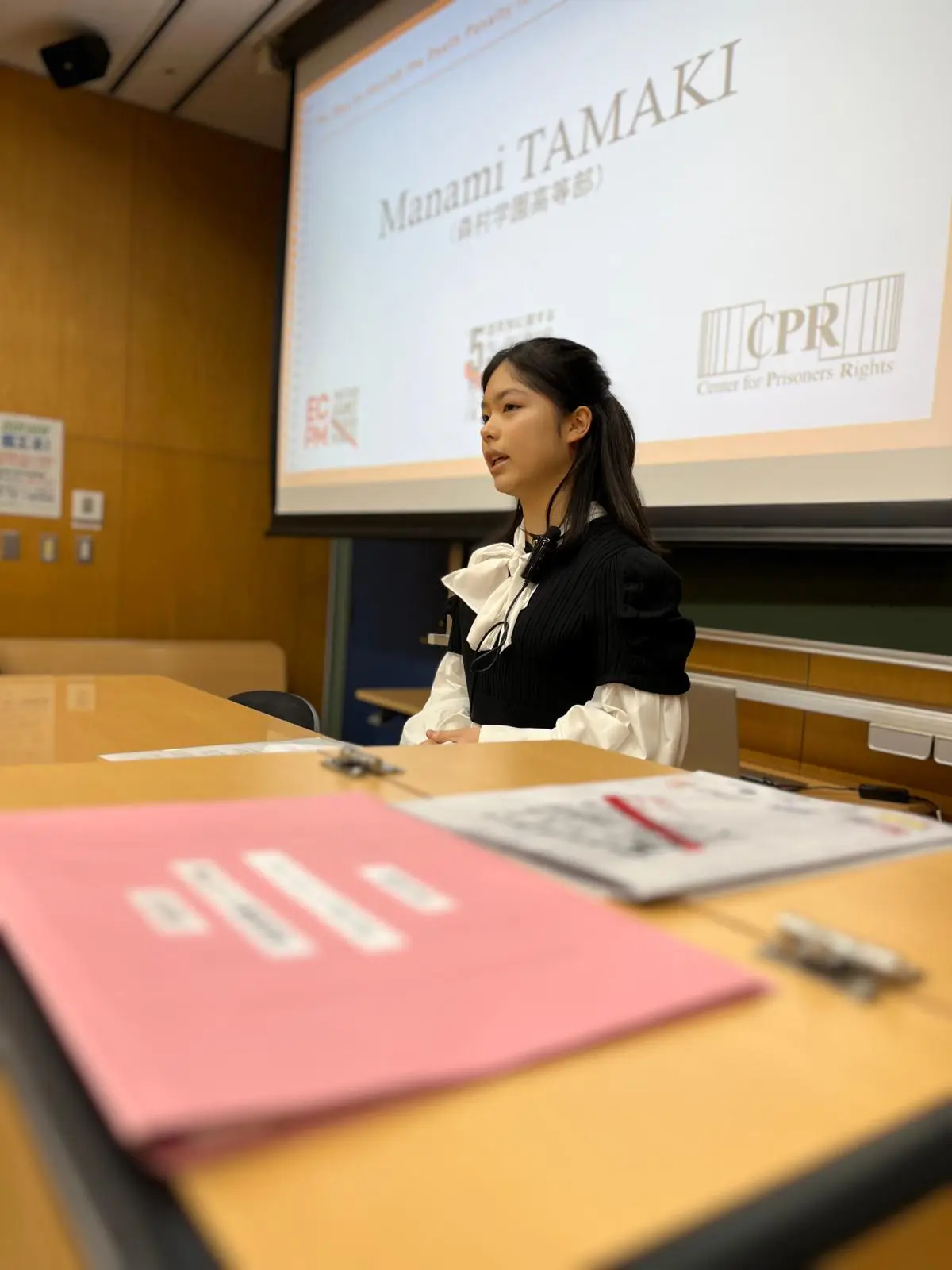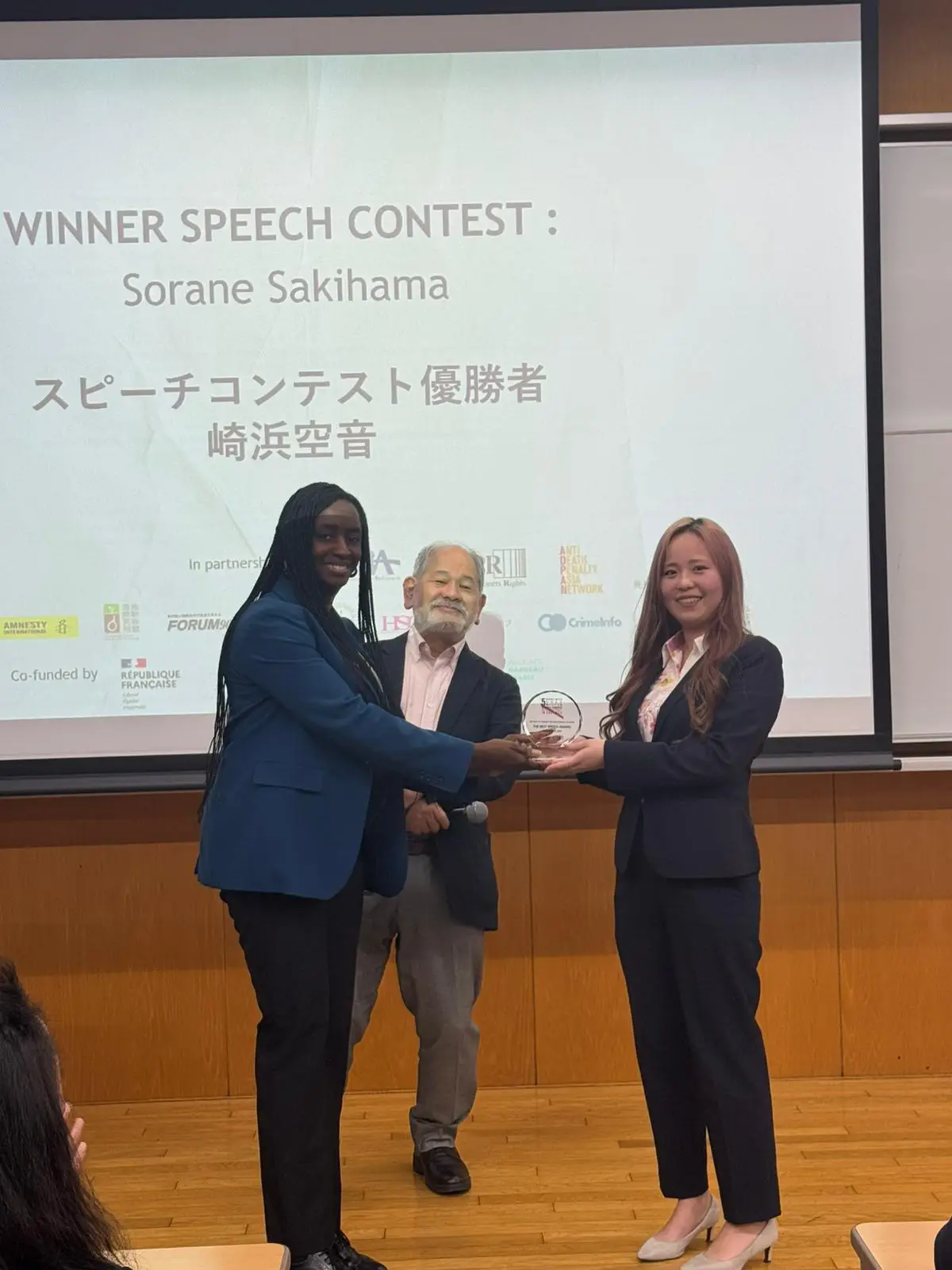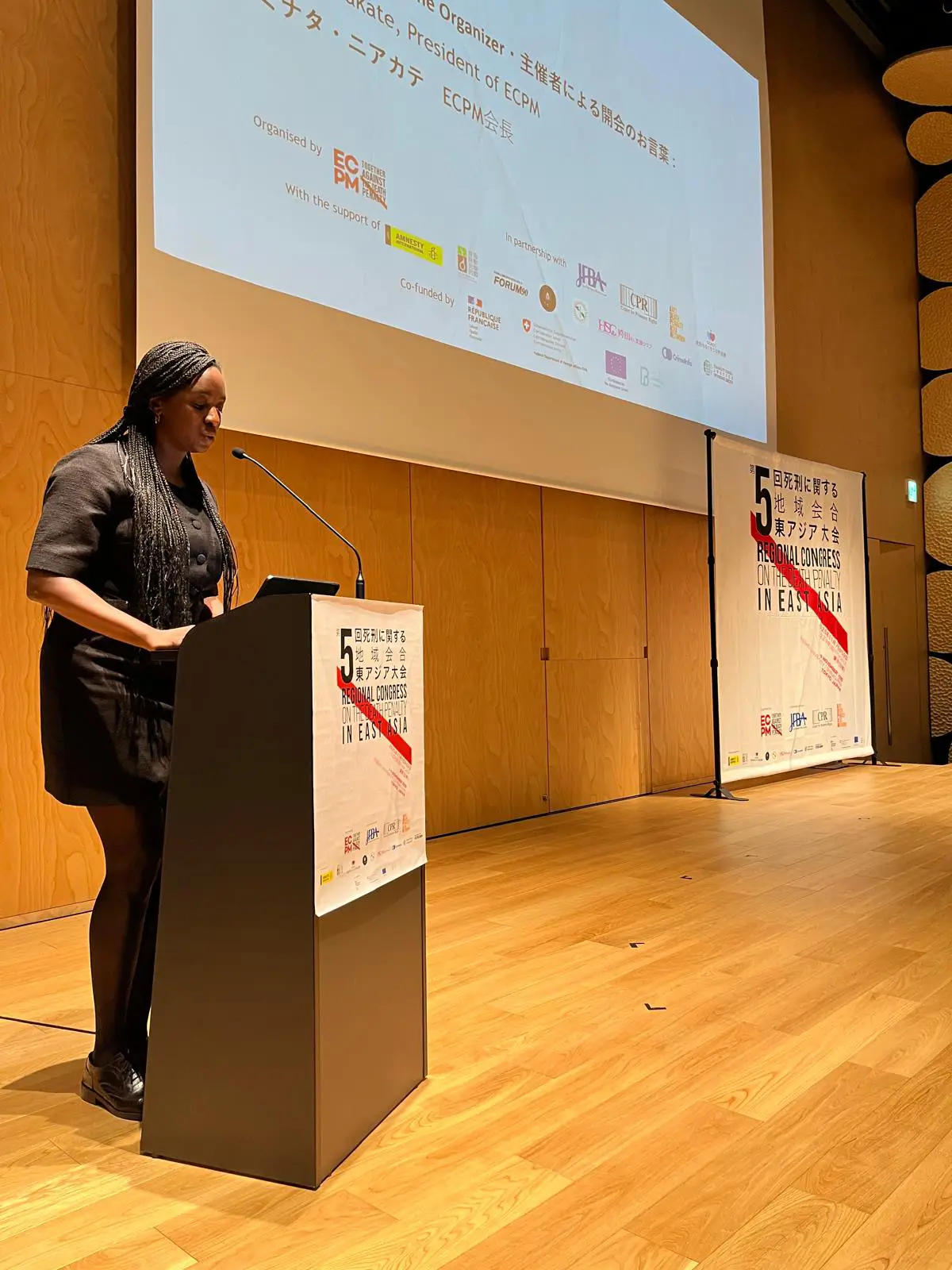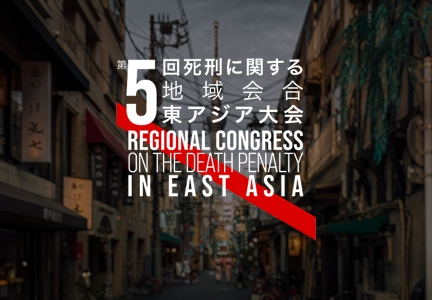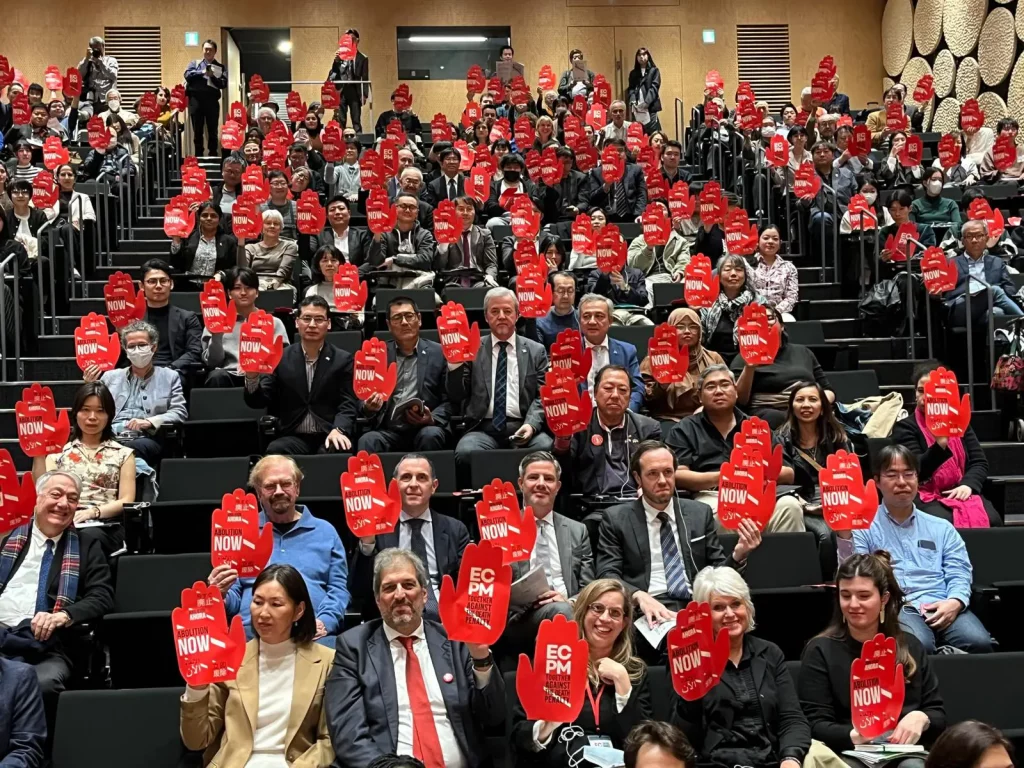
Gathering over 300 participants from across Japan, China, Mongolia, South Korea, North Korea, Taiwan, Malaysia, and Singapore, as well as Europe and the Americas, the Congress served as a vital platform for dialogue among lawyers, parliamentarians, UN representatives, civil society actors, and witnesses.
Discussions throughout the event highlighted the urgent need for transparency, justice reform, and regional cooperation, particularly in East Asia—one of the world’s most challenging regions regarding capital punishment.
From ongoing executions in China and North Korea, to signs of progress in South Korea and Taiwan, and finally to abolition in Mongolia and the end of mandatory death sentences in Malaysia, Asian countries face significant challenges but also hold real hope for achieving universal abolition.
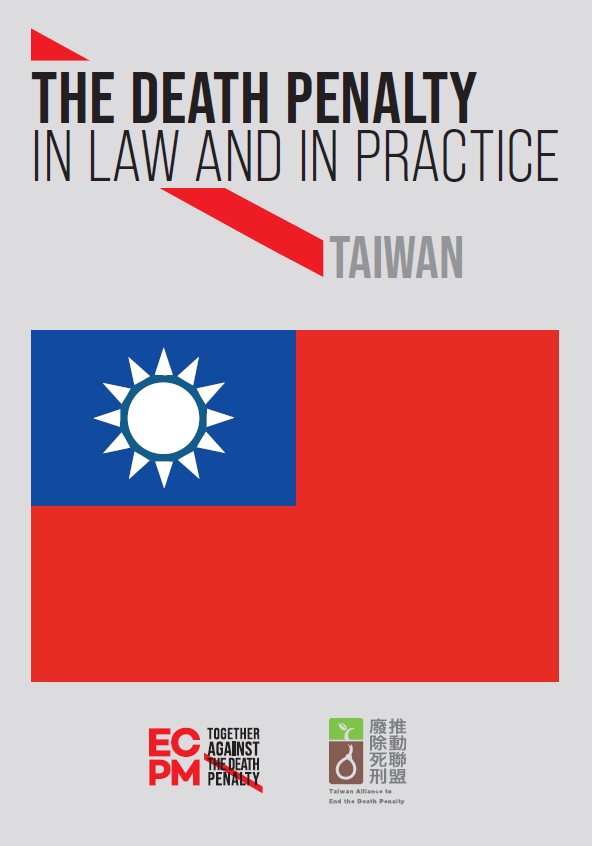
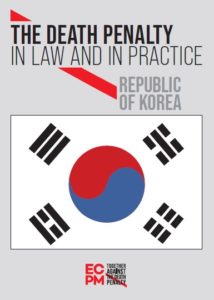
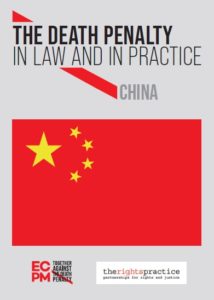
During the Tokyo event, Asian participants identified key priorities to be further developed at the upcoming World Congress Against the Death Penalty in 2026:
Understanding and influencing opinion: conducting surveys and research to better grasp public attitudes and foster informed debate.
Fighting for transparency: developing multidisciplinary networks connecting lawyers, journalists, academics, and civil society actors to expose hidden realities and strengthen accountability..
Building a positive narrative: promoting storytelling and public communication strategies that humanize those affected and challenge entrenched attitudes..
Addressing mental health: creating peer-support networks and experience-sharing initiatives among families, human rights defenders, and former prisoners..
Empowering key voices: strengthening the capacity and engagement of politicians, parliamentarians, and journalists in advancing abolition..
Globally, the movement towards abolition continues to make steady progress: two-thirds of UN Member States have abolished the death penalty in their legislation and nearly three-quarters have ceased executions, meaning that those who continue to execute prisoners now represent only a small minority. This development places the debate at the heart of modern societies, particularly in Asian democracies.
Asia remains the most challenging region in this field, as it continues to be the continent with the highest number of executions worldwide. We hope that this Congress in Tokyo will encourage reflection and debate, helping us to move progressively toward the end of the death penalty
Aminata Niakaté, President of ECPM
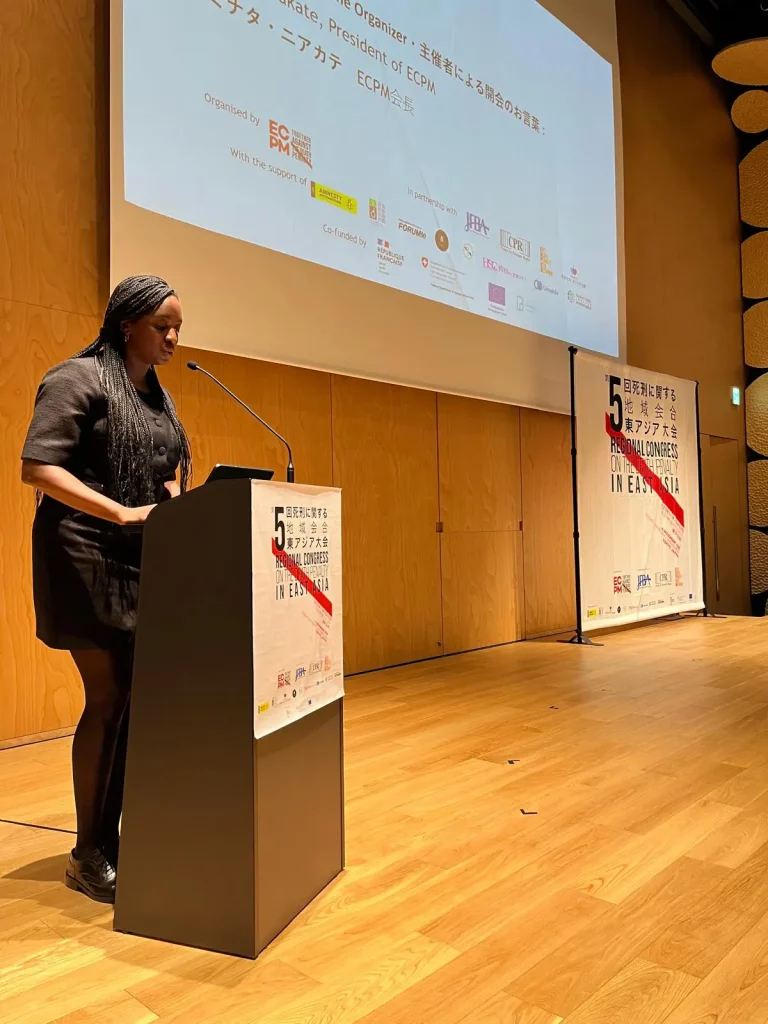
A special tribute was paid to Hideko Hakamata, sister of Iwao Hakamata—acquitted in 2024 after spending 46 years on death row—whose testimony deeply moved participants. The installation “Hakamata’s Letters”, displayed during the Congress, presented fragments of Iwao’s 5,000 letters, a powerful artistic reflection on human endurance and injustice
I do not want Iwao to be the only one who receives our support. There are so many others who have been unjustly condemned. My hope is that we can join forces to seek justice for all of them.
Hideko Hakamata
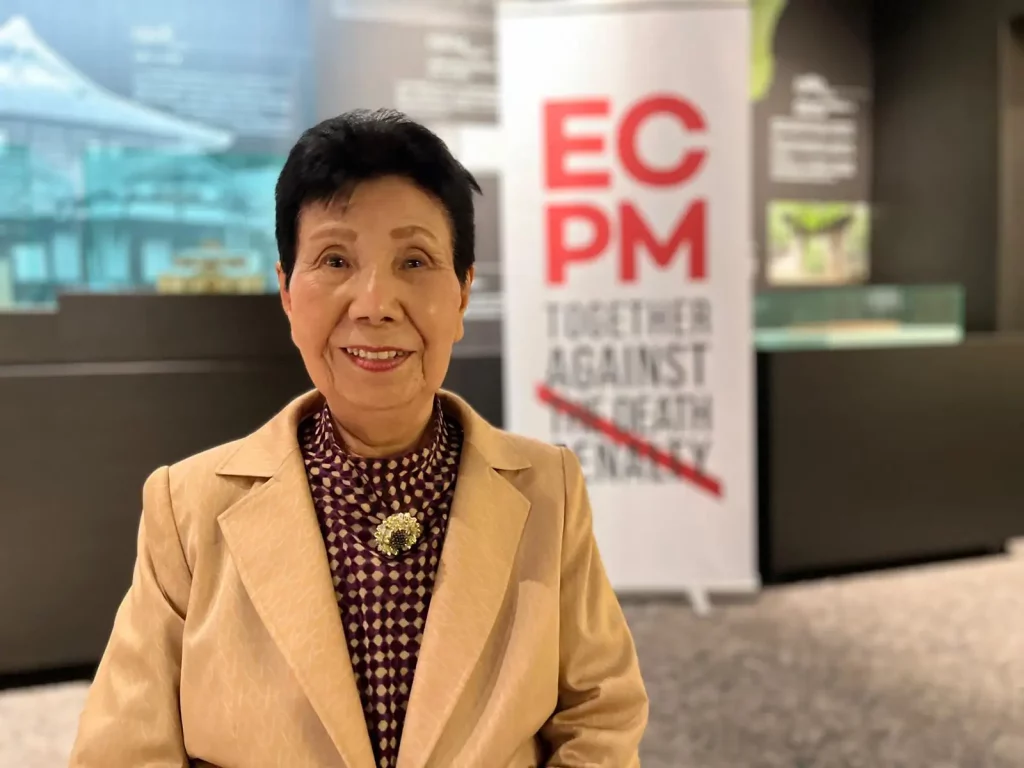
I think the enthusiasm generated by this conference reflects the isolation felt by abolitionists in Japan, particularly lawyers, who find it very difficult to defend their cause when the population seems so strongly in favour of the death penalty. The value of this kind of event lies in its ability to break through this extremely oppressive isolation.
Richard Sédillot, avocat et porte-parole d’ECPM
Finally, the Congress also marked the emergence of a new generation of abolitionists, with the “My Way to Abolish the Death Penalty in Japan” speech competition recognizing outstanding youth advocacy. The prize was awarded to Sorane Sakihama, 23-year old law student from Okinawa, Japan.
Étape importante dans le mouvement abolitionniste mondial, le congrès de Tokyo ouvre désormais la voie au 9e Congrès mondial contre la peine de mort, qui se tiendra à Paris, du 30 juin au 2 juillet 2026.
